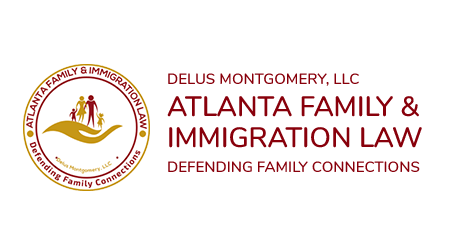UNDERSTANDING DISPOSSESSORY ACTIONS
When relations with your landlord turn sour, there is always the chance that they may try to evict you. While some evictions are legally justified, others are not, and it is important to understand your rights if your landlord orders you to leave. Here is everything you need to know about dispossessory actions.
What Are Dispossessory Actions?
In Georgia, eviction lawsuits are also known as dispossessory actions. Your landlord may evict you for not paying rent or for violating the terms of your lease. If they demand possession of your rental unit, either verbally or in writing, and you refuse to leave, they can then file an affidavit with the court to start the eviction process.
Georgia is relatively unique in that the law does not specify how long the landlord has to wait before filing this paperwork, but you will receive a summons and a copy of the affidavit. If you were behind on your rent, you can stop the eviction at this point by paying everything you owe, plus any applicable court fees, within seven days of receiving the summons. It is important to note that you can only stop an eviction in this manner once every 12 months.
You have seven days to file an answer with the court if you intend to contest the eviction. Upon receipt of your answer, the court will schedule a hearing within seven days. If you don’t respond (file an answer with the court), the landlord will ask for a writ of possession, which the sheriff will serve on you. You then have 24 hours to leave.
What Happens at the Hearing?
At the scheduled hearing, a judge will listen to both sides and make the final decisions about whether you will be evicted. If they rule in your favor, you can stay in your home, although the landlord may appeal. Similarly, you can lodge an appeal if the court orders your eviction and you find the decision unfair.
What about Evictions Without Cause?
If your landlord wants to terminate your tenancy but lacks cause because you’ve always paid the rent on time and respected the conditions of your rental agreement, the law generally requires them to do the following:
- Month-to-month tenancies: The landlord must give you a written 60-day notice. If you don’t leave, they can file a dispossessory action.
- Fixed-term tenancies: The landlord must wait for your lease to end. They don’t have to provide you with notice unless the lease agreement requires them to do so, but if you refuse to go, they can escalate the matter to court.
Can You Fight a Dispossessory Action?
Many Georgia tenants assume that the moment they receive the summons and affidavit, there is nothing they can do. On the contrary, there a legally-recognized grounds for fighting an eviction. They include:
- Your landlord did a self-help eviction. You cannot be evicted without a court order, but some landlords try to compel a tenant’s departure by shutting off the utilities and changing the locks. If this happens to you, your landlord could owe you monetary damages.
- The landlord did not make necessary repairs. You are entitled to live in a safe apartment. Georgia case law suggests that if the landlord doesn’t make a necessary repair, you can pay a reasonable amount to have a professional do the work and deduct the amount from your rent. Your landlord may try to evict you for nonpayment of the full rent, but you have a defense.
- The landlord discriminated against you. If you can prove that your landlord wants to evict you because of your race, gender, and other protected characteristics, you can contest the eviction under the Georgia Fair Housing Act and the federal Fair Housing Act.
Contact a Georgia Tenants’ Rights Attorney
If you are facing dispossessory proceedings in or around Atlanta, contact Atlanta Family & Immigration Law. We are a committed Georgia tenants’ rights law firm and have helped many clients overcome their landlord’s attempt to evict them. Every case is different, however, so for an honest review of your situation, call (678) 679-6415 or contact us.





